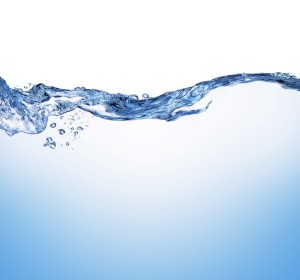
Why you should consider getting a water softener system

The best solution to all these problems is a water softener system. Other options, such as filtration systems for drinking water and packaged chemicals for laundry water, also exist. But water filtration systems are expensive and limited only to drinking water, and packaged chemicals make water unsafe for drinking. Water softener systems, on the other hand, soften all the water throughout a home. They use a chemical process to replace calcium and magnesium ions with something harmless, usually sodium. The amount of sodium added by the system is extremely low, and so it does not pose any health threats.
A water softener system can greatly extend the lives of plumbing systems and household appliances, and also help them to operate more efficiently. It can make heating systems more efficient and reduce heating bills. It can make dishes and clothing easier to clean and leave hair and skin feeling soft. It also helps soap to lather more easily, meaning a lot less soap is needed for cleaning.







